Wellbeing
Ms Deb Haddow
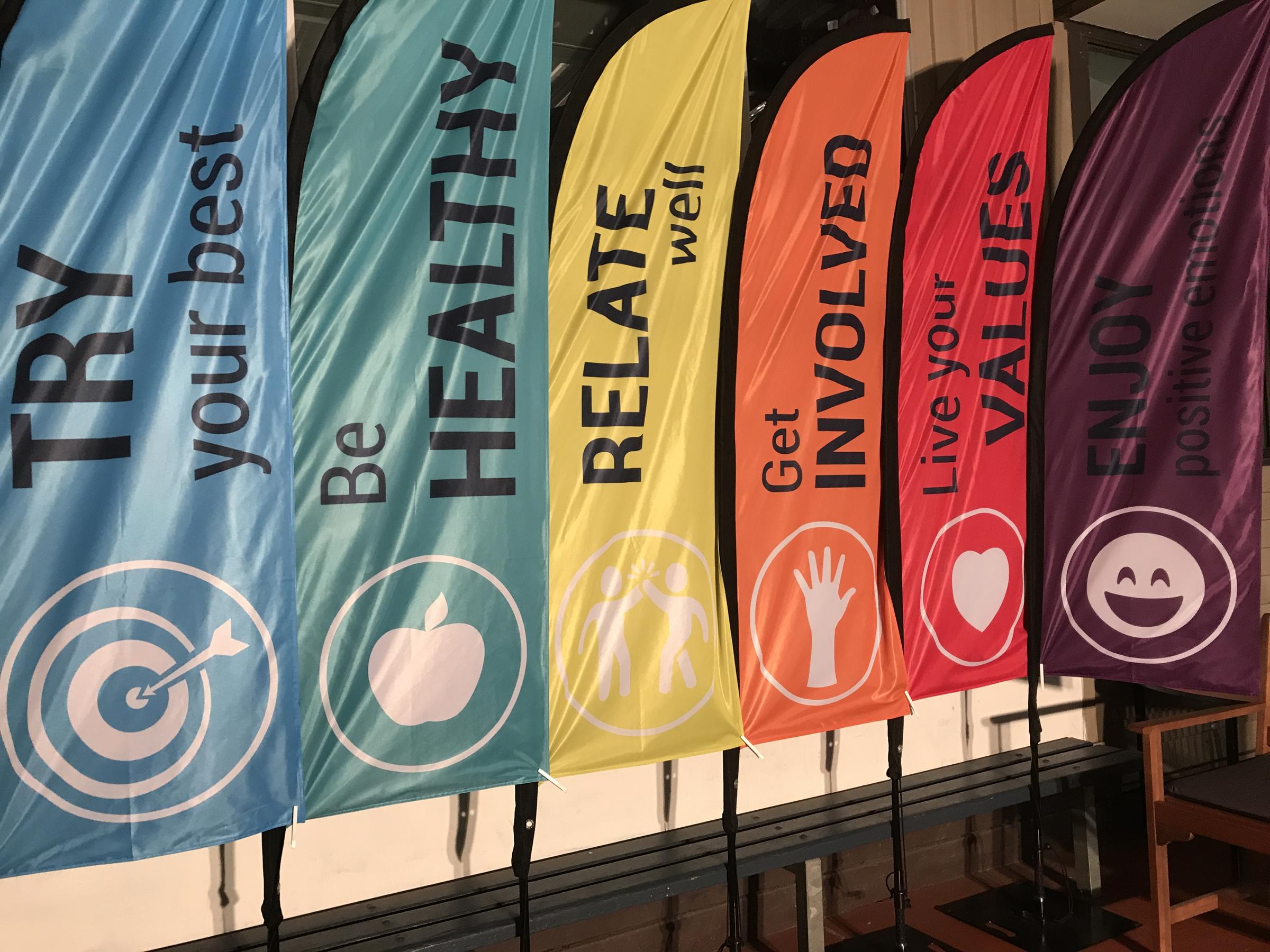
Wellbeing
Ms Deb Haddow


How does LPPS support students to build healthy friendships?
We start with building a team to manage the comprehensive Wellbeing Program. The Wellbeing Team and LPPS has grown enormously over the past few years.
*Assistant Principal-Wellbeing & an additional days support (= 6 days)
*Student Support Officer-full time
*Network Positive Behavioural Psychologist—1 day a week at LPPS
*Network Inclusion Officer—1 day a week at LPPS
*LPPS Inclusion Leader- 1 day a week
*Additional Student Support Officer
*Bella our Therapy Dog
*Speech Therapist to give additional assistance for small groups in the junior classes
*Junior School Language Intervention group
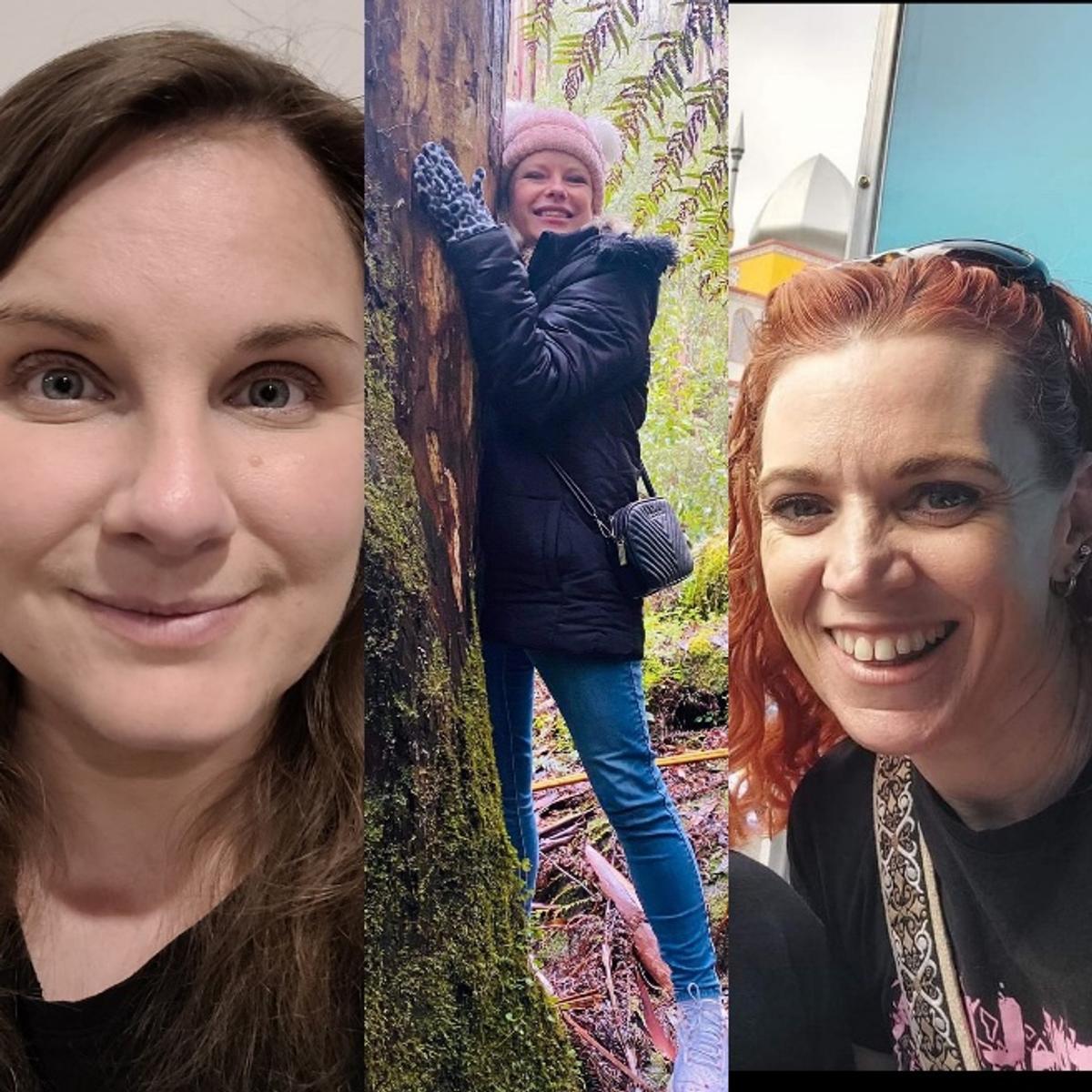

*We have 12 Education Support aides over a range of days to work with our funded students and to support students who may require funding in the future.


Our Wellbeing philosophy starts with a preventative/proactive model based on positive psychology. This curriculum is carefully planned and delivered as part of our THRIVE program. There are weekly lessons which also cover the mandated curriculum for the Department including Respectful relationships and Consent Education. We try to build positive attitudes and kind behaviours. We reward these with verbal comments and awards. Additional components of this program are embedded in our THRIVE diaries. We did this specifically so that you as parents can also see clearly what we are working on each week, the value we are learning about and share in the discussions with your child/ren. We spend a whole term based on developing positive relationships (RELATE WELL) but it’s also discussed in classes daily.
Our school values are Respect, Resilience and Citizenship. Through discussions we help students learn what is respectful behaviour and what is not. We coach them to be a good citizen and show resilience. These discussions and activities are embedded into our everyday culture of our school. It’s the basis of our conversations.
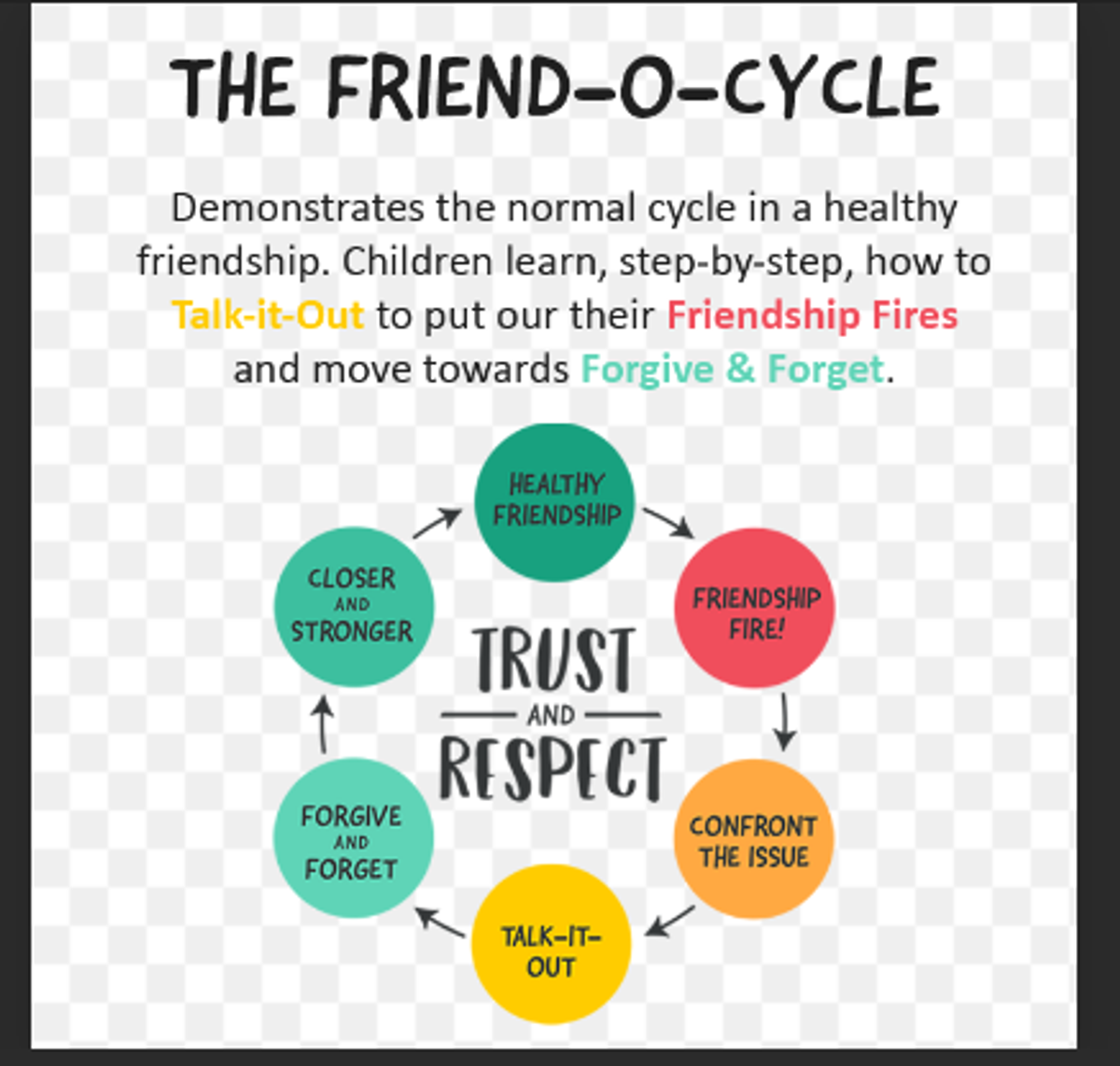

We noticed that coming out of…dare I say it…..COVID lockdowns, there was a considerable amount of children who had missed practicing their social skills. We already had literacy and numeracy intervention programs to help students catch up with their academic learning. We invested in additional programs to work explicitly on social skill intervention. These were delivered to whole classes and also to small groups—mostly in middle to senior school. We have developed these programs even further this year with the Friendology Program which specifically addresses topics such as Mean on Purpose, Friendship concerns, and Bullying (anti). In amongst this with have a psychologist onsite 2 days a week to work with individuals to help them manage their anxiety or develop strategies for social conflict. The wellbeing hub and my office is usually full of groups of students every lunchtime who require some adult guidance to help them have some restorative conversations about friendship concerns.
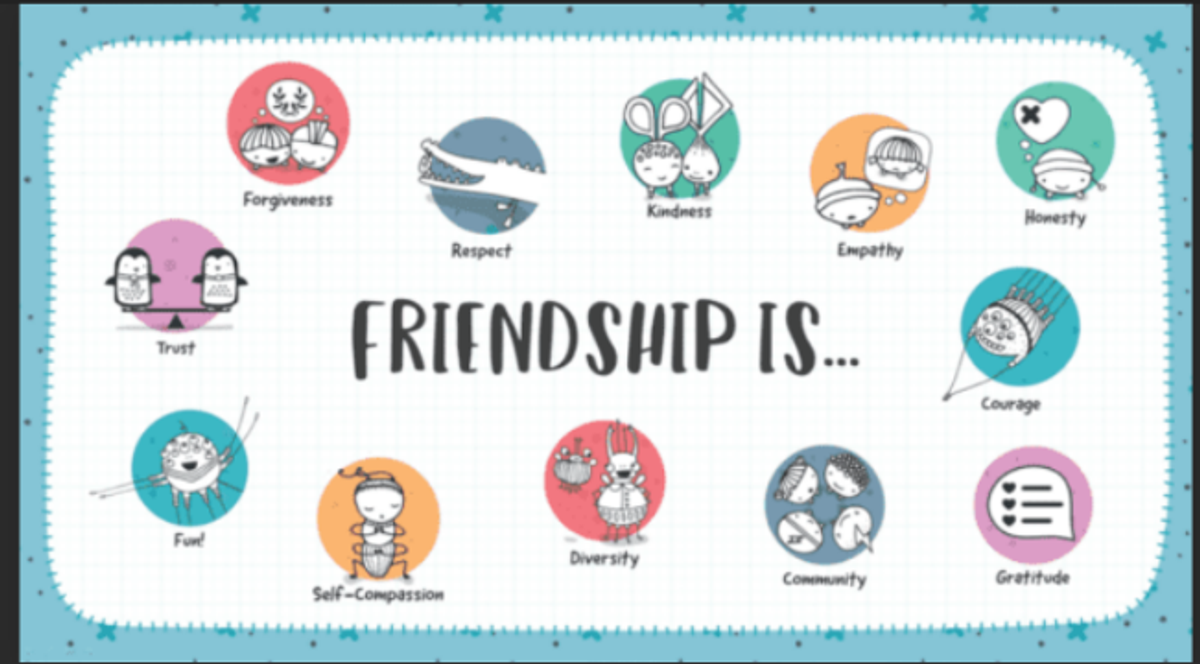

We are fortunate enough to have the beautiful Bella who saves the day, everyday. She’s out in the yard helping students to have a positive start to their day. Mind you, she loves her pats to. She works with students in their art lessons. Recently she has been coming out with me to the playground at recess to support any students who might need an extra pat. We have Playleaders to provide activities and a few student run clubs.
As you can see, we do a lot in the proactive space. But what about when things are not going well. Our main goal is to work with all of our students and families to support them to reach their optimum levels in every area. We do have lots of students to manage and thus we need comprehensive processes and structures to manage it all. We have the Whole School Behaviour Management System which is displayed in each class. Teachers move names up and down the chart according to the behaviours they see with individual children. This makes it easy to identify students who will get the weekly THRIVE award but also shows a consistent process for negative behaviours such as when a parent is called or when it is referred to a Principal. We are trying to empower students to speak up respectfully for themselves with consistent language based on When you did ……………. It made me feel…………….
Concerns are managed by the classroom teacher at the first level. The teacher knows the student/s and the families and works with them to resolve any concerns. If there are ongoing concerns or they can’t be resolved by the class teacher then it is referred to the wellbeing hub/team (Student Support Officers). The SSOs will work with the class teacher, student/s and families involved to come to a resolution. Sometimes it’s just about having a restorative chat, sometimes it’s about providing knowledge, sometimes it’s about seeking additional supports.
We have an electronic recording system (COMPASS) where academic and wellbeing data information is entered. The Leadership Team monitors this data daily. The Wellbeing team checks in daily to ensure any concerns that have been reported are being followed up. One of the most important things is that concerns DO need to be reported. We encourage our students to be UPSTANDERS not BYSTANDERS.
When a concern happens in the yard—it is reported to a yard duty teacher. The yard duty teacher tries to resolve the concern at that point. The yard duty teacher records the incident
And/or notifies the class teacher or wellbeing team. This is the same process for relief teachers.
If a student exceeds 5 negative recorded behaviours the Wellbeing Team work to set up regular meetings with the families involved and work through the concerns. Meetings, supports and consequences are confidential . They may last for a term, or for a year—whatever it takes to try to get that student back on track. We work to support each of our students to help them be the best person they can be. We are proud of the success rate we have with resolving attendance concerns or conflict concerns when we work together as a team to support the students.
If ever you have any concerns, please contact your classroom teacher or a member of the wellbeing team and we’ll work together to resolve it.
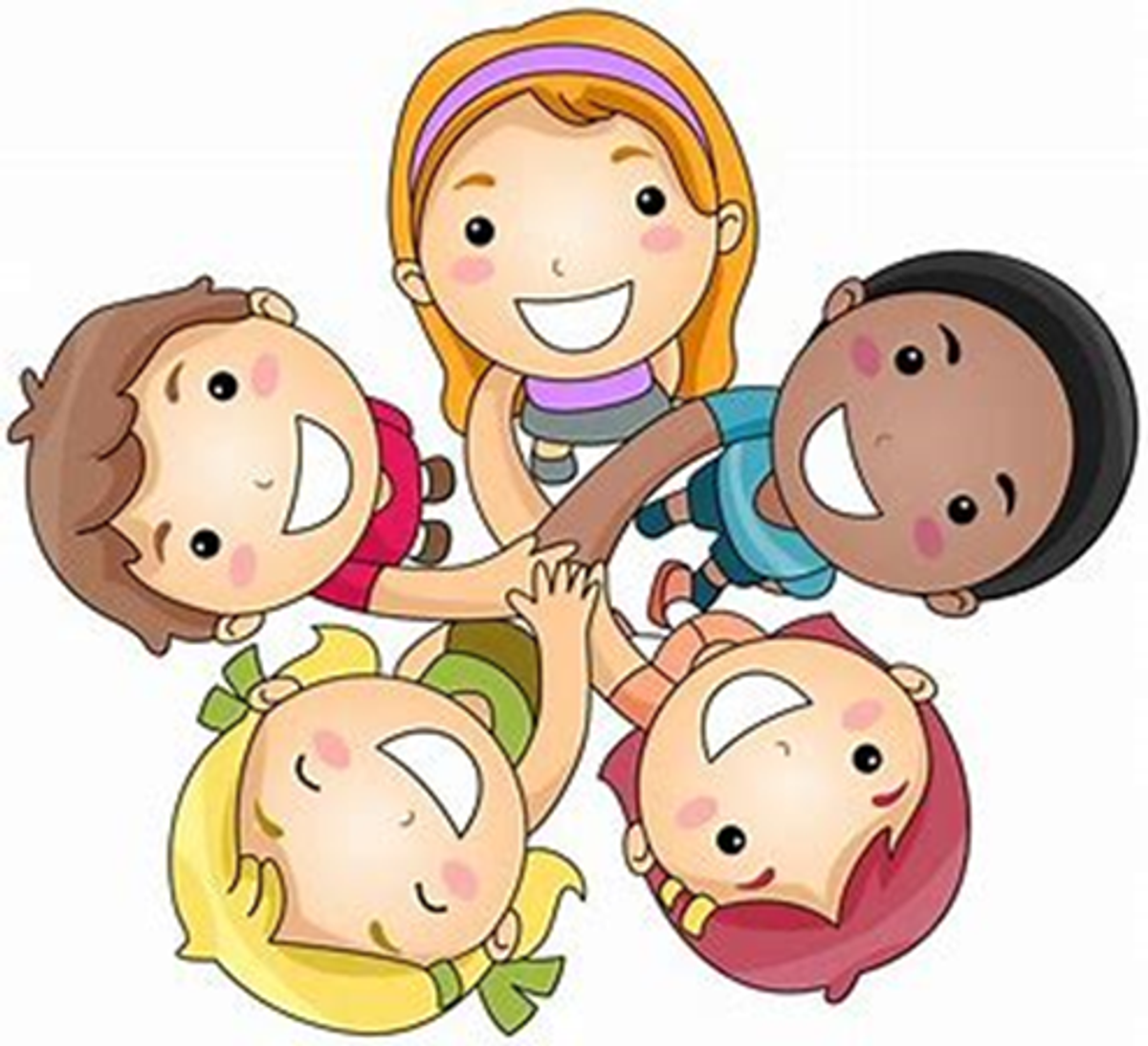

BREAKFAST CLUB: MONDAY, WEDNESDAY & FRIDAY
This term we continue our popular Breakfast Club program in the space at the side of the music room. This is a grab and go service offering fruit, milk, packets of cereal and now....toast!
The program operates from 8.35am—8.50am Monday, Wednesday and Friday—yes, just 15 minutes, but enough time to grab and eat on the way to class. Ms Naomi McMaster organises the program. We would love to have the help of some more volunteers, especially now that we will be cooking toast. If you think you could help to cook toast for 15 minutes on any of the mornings, please email me (debraanne.haddow@education.vic.gov.au ). You would just need to have your Working With Children Check and complete the Child Safe Training—as every volunteer does.
THRIVE AWARDS
Week 4: Relate Well
| Levi | B | F2 |
| Chloe | R | F3 |
| James | T | F4 |
| Angus | L | F5 |
| Caterina | K | F6 |
| Nate | B | 113 |
| Levi | T | 114 |
| Hudson | W | 115 |
| Eliza | S | 116 |
| Charli | P | 217 |
| Ryder | C | 218 |
| Holly | S | 228 |
| Harlan | S | 229 |
| Owen | K | 229 |
| Ava | G | 322 |
| Lennox | S | 323 |
| Olivia | E | 324 |
| Maddie | E | 325 |
| Seth | C | 419 |
| Scarlett | S | 427 |
| Lucas | J | 426 |
| Ryder | M | 534 |
| Leighla | C | 609 |
| Ava | T | 610 |
| Krsytal | T | 611 |
| Milla | T | 612 |
| Willow | S | Art |
| Mia | F | Art |
| Ashton | C | Music |
| Lilly | O | Music |
| Scarlett | H | PE |
Week 5: (Curriculum Day - no Assembly)
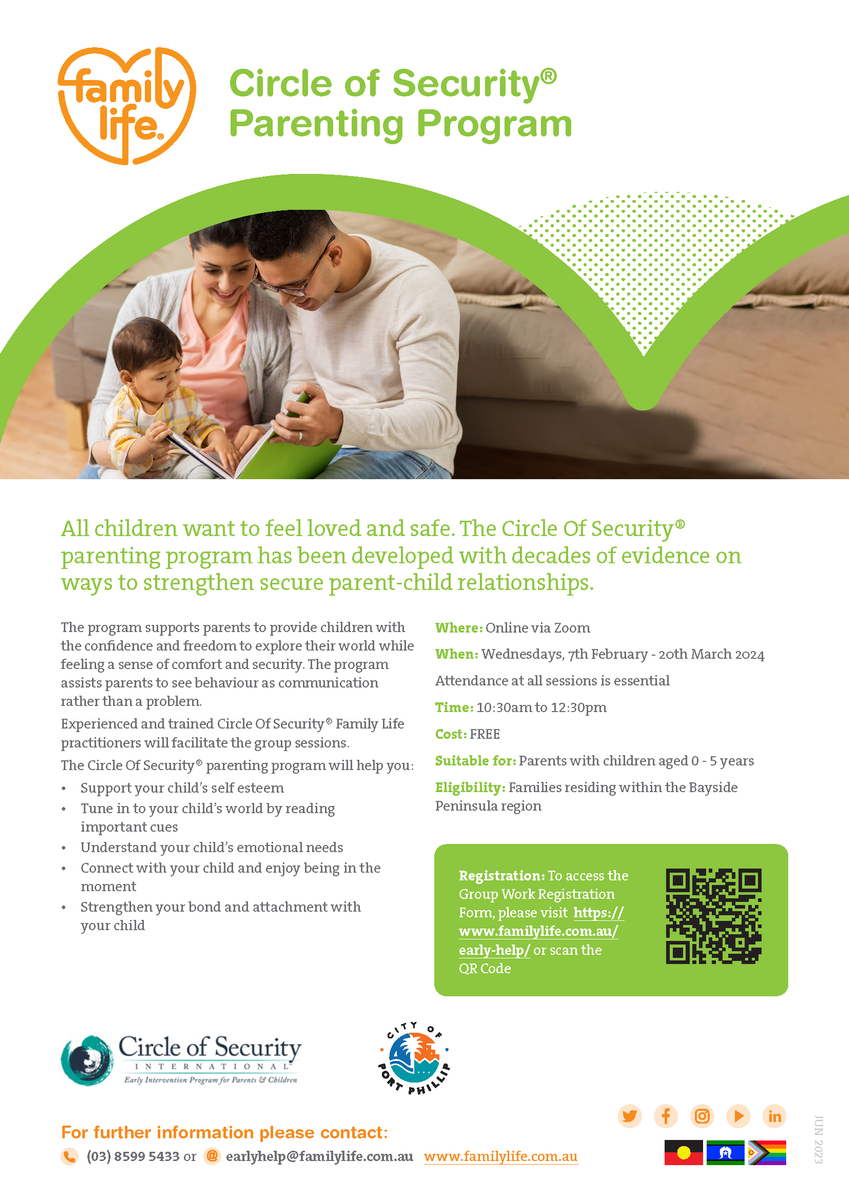
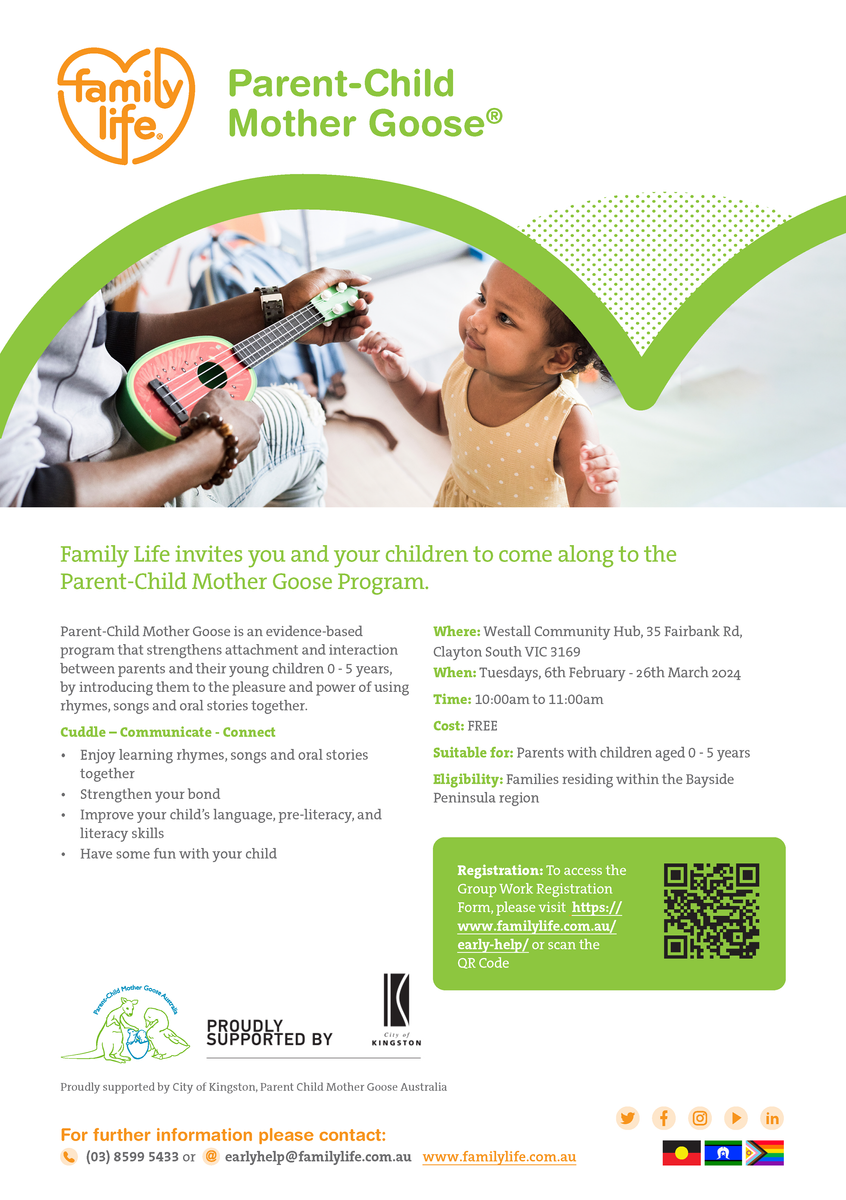
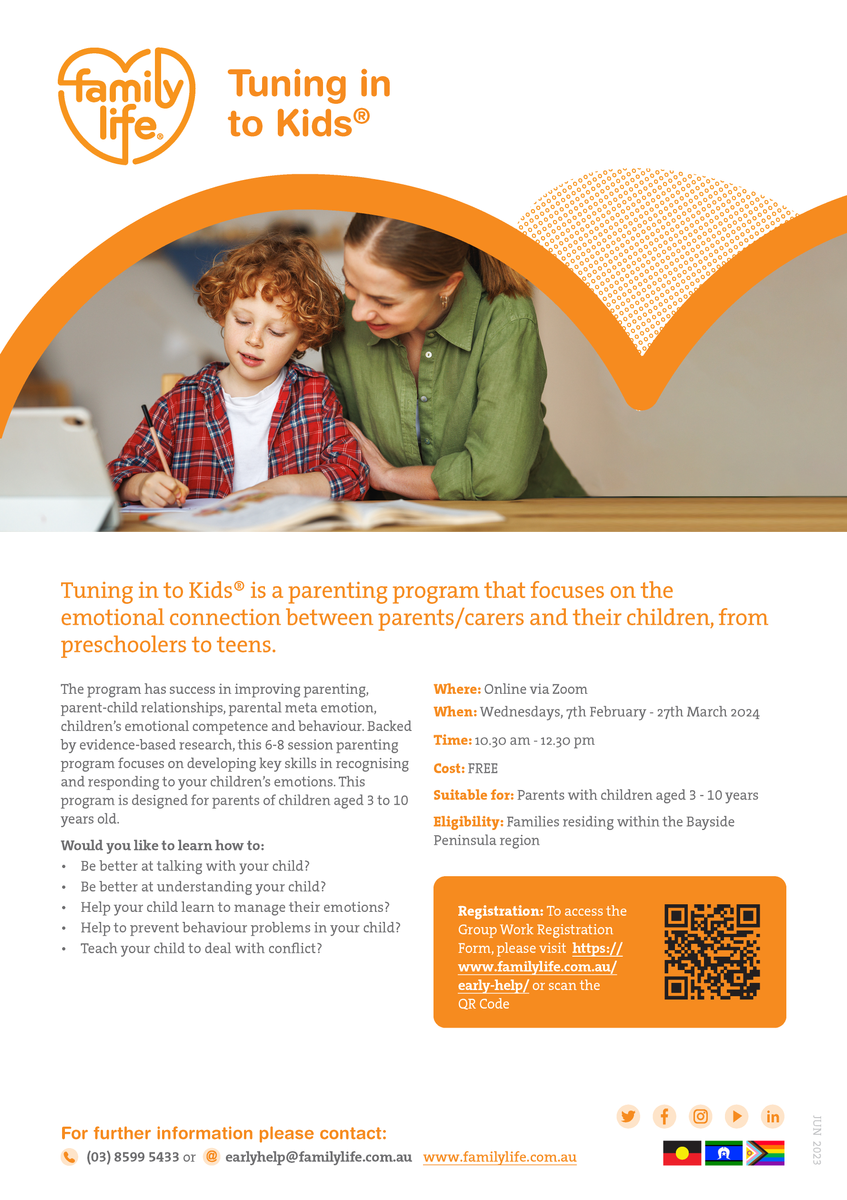

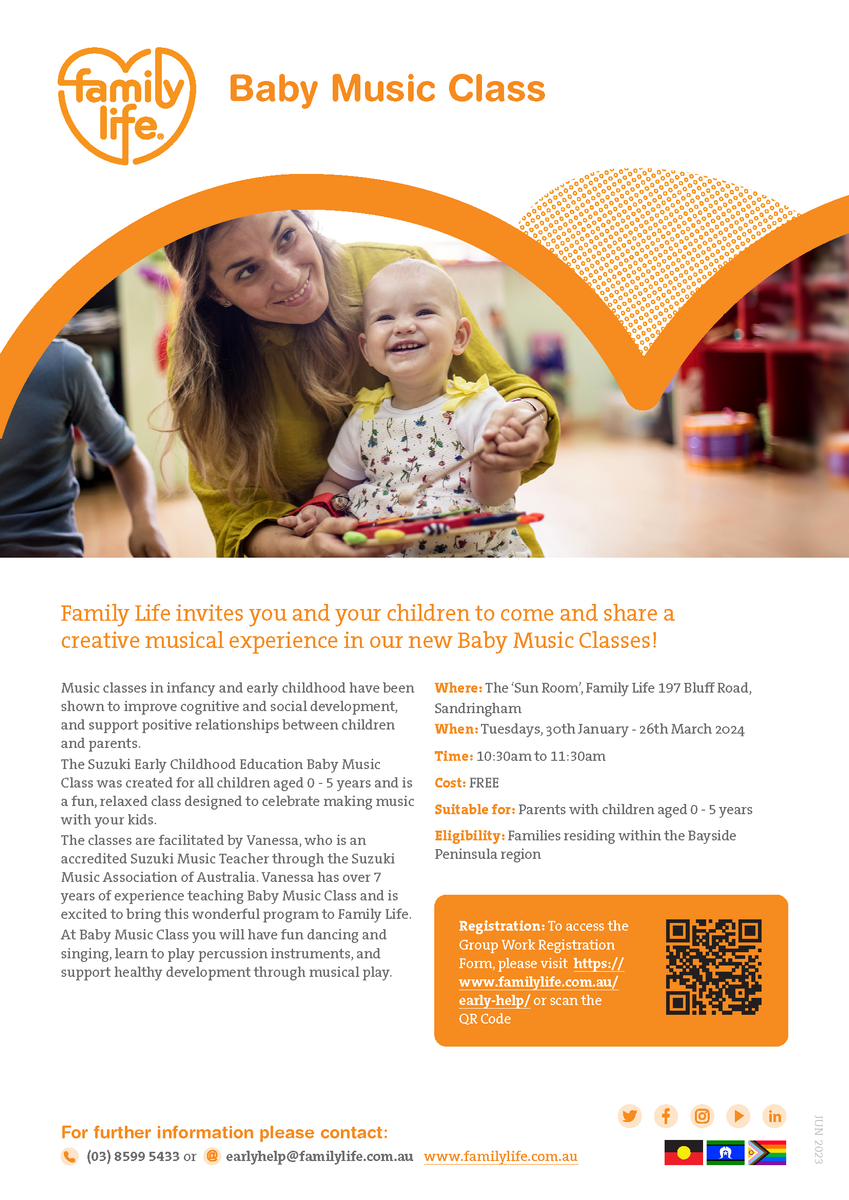





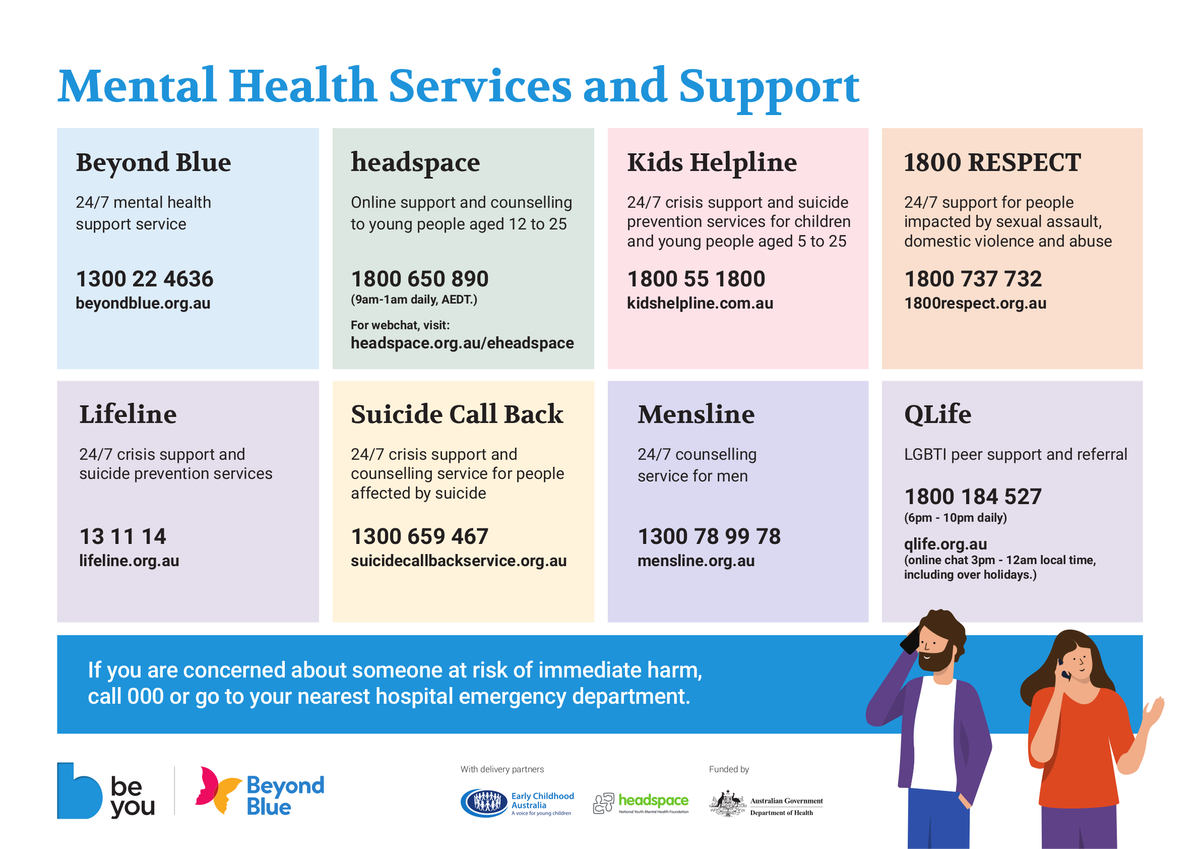

I have come across a few more contacts which might be helpful to our community members. So we’ll continue to build this resource for you.
Families needing food or support:
Deb Haddow